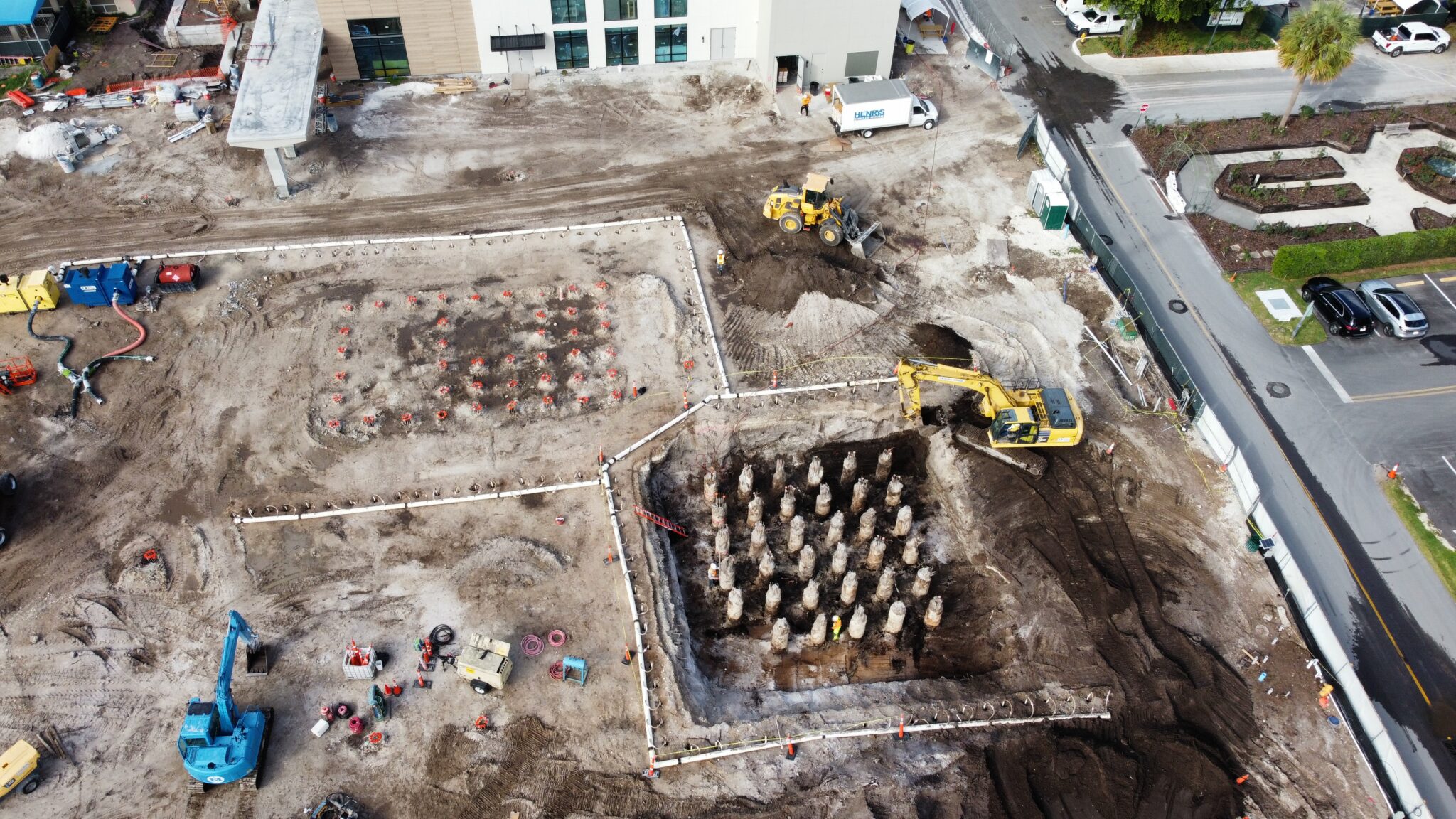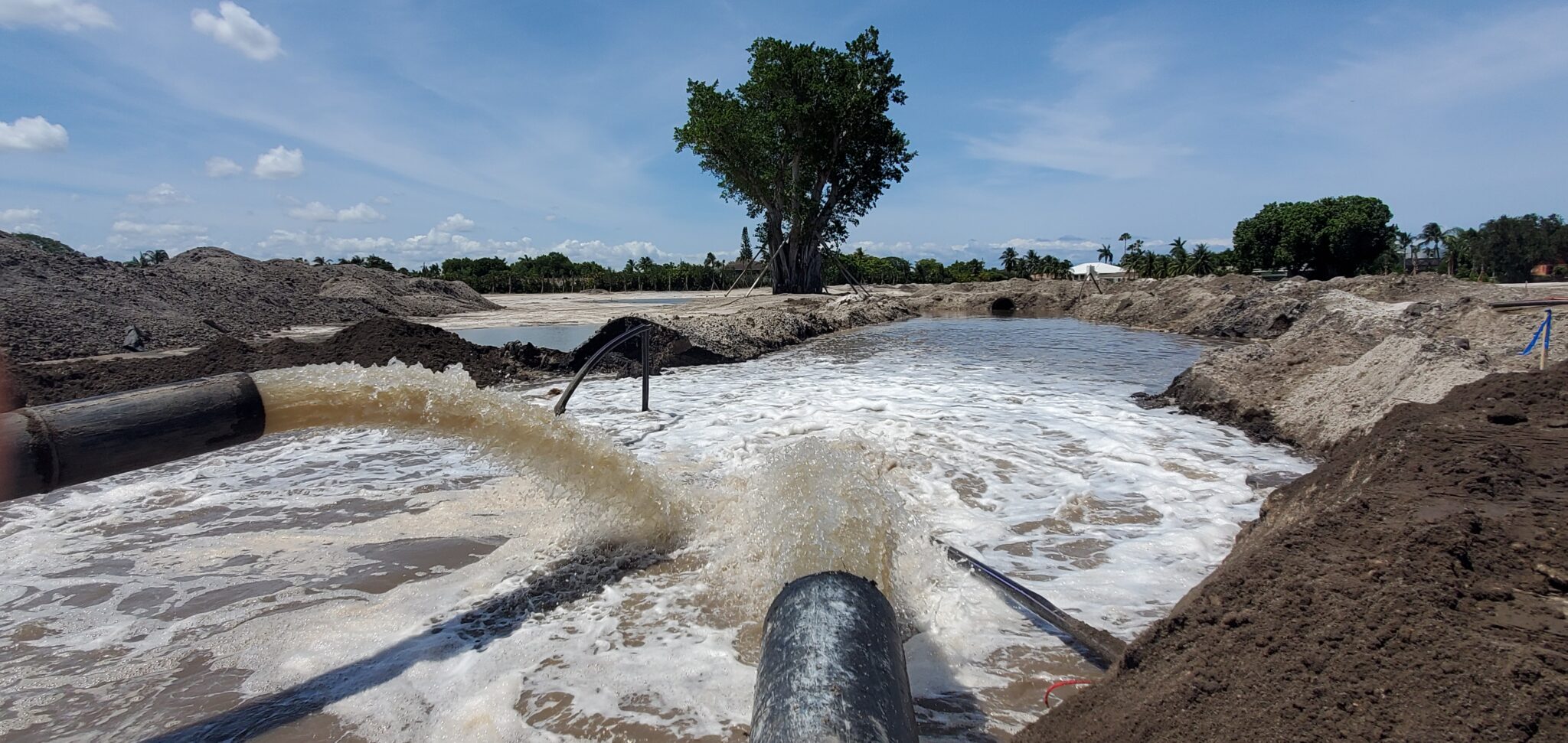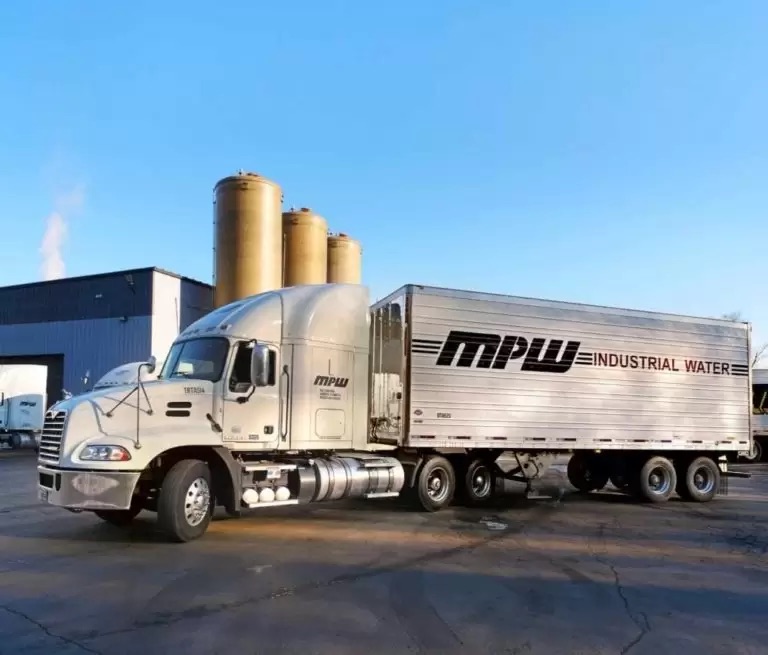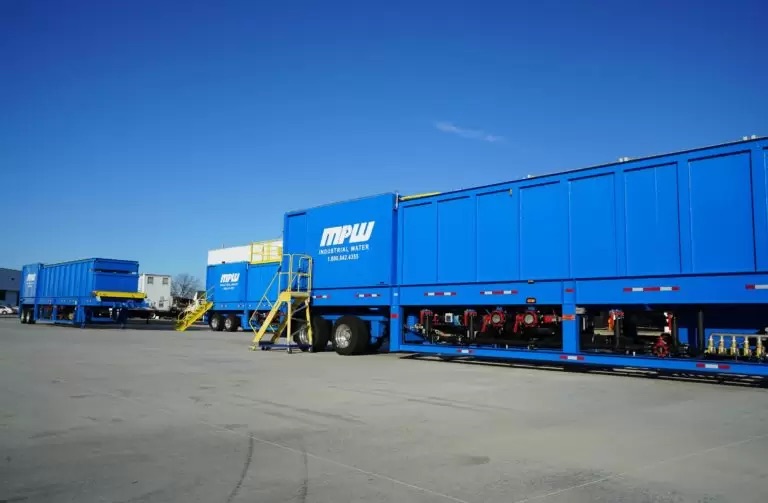| Dewatering Service | Dewatering Service |
|---|---|
| Florida Civil Inc. | MPW Industrial Services, Inc. |
| More information | More information |
 |
 |
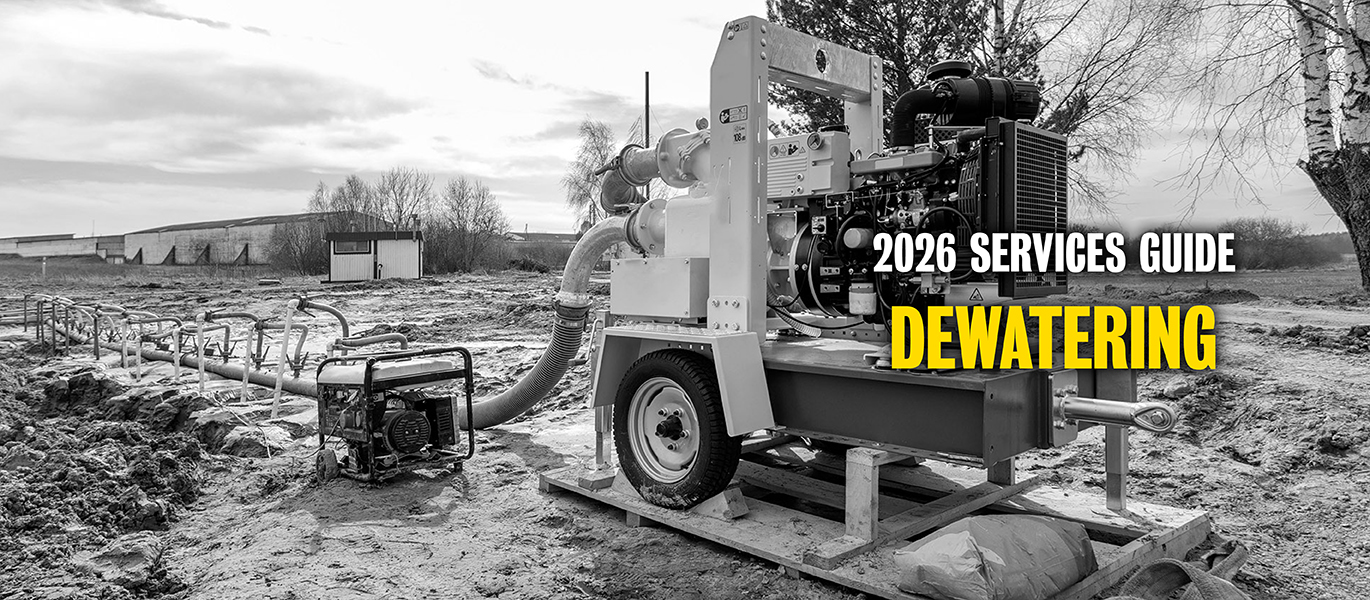
Pile Buck's Top Recommended Service Providers
| Dewatering Service | Dewatering Service | Dewatering Service |
|---|---|---|
| Florida Civil Inc. | MPW Industrial Services, Inc. | Company 3 |
| More information | More information | More information |
 |
 |
This guide is designed for construction professionals seeking comprehensive information on dewatering methods essential for successful project execution. It covers a range of dewatering techniques, offering insights into best practices for installation and operation—as well as practical case studies.
Types of Dewatering Methods
The most common types of dewatering methods includes gravity drainage, wellpoint systems, eductor systems, sump pumping, and deep well systems.
Gravity Drainage
Gravity drainage involves the natural removal of water from a site by allowing it to flow away due to gravity. This method is often used in areas with a natural slope or in conjunction with other dewatering techniques to enhance efficiency. The primary advantage of gravity drainage is its cost-effectiveness, as it requires minimal equipment—making it an environmentally friendly option due to its low energy consumption. However, its effectiveness is limited to sites with sufficient natural slope—and it generally operates at a slower pace compared to mechanical methods.
Wellpoint Systems
Wellpoint systems utilize a series of small-diameter wells connected to a vacuum pump to draw water from the ground, typically arranged in a ring around the excavation site. For effective installation and operation, a thorough site assessment is necessary to determine optimal wellpoint placement—and ensuring proper sealing of connections is crucial to maintain vacuum efficiency. Regular monitoring of water levels and system performance allows for necessary adjustments. The advantages of wellpoint systems include their effectiveness for shallow excavations and their rapid deployment and adjustability. However, they are less effective in low-permeability soils and require continuous pumping—leading to higher operational costs.
Eductor Systems
Eductor systems function by using high-pressure water to create a vacuum in eductor pumps, drawing groundwater into wells and expelling it. This method is particularly effective in low-permeability soils where traditional pumps may struggle. For installation, eductor wells should be strategically placed based on detailed site assessments—and a consistent high-pressure water supply is necessary to maintain vacuum efficiency. Proper filtration is also important to prevent system clogging. The benefits of eductor systems include their effectiveness in various soil conditions, especially low-permeability soils, and their capability to achieve significant dewatering depth. However, they require a reliable source of high-pressure water and have higher initial setup and operational costs compared to simpler methods.
Sump Pumping
Sump pumping involves excavating a pit (sump) at the lowest point of the site where water naturally accumulates, using a submersible pump to remove the water from the sump. Key considerations for effective use include ensuring the sump is large enough to handle peak water inflow rates, regularly maintaining pumps to prevent failure, and installing backup pumps for continuous operation. The simplicity and cost-effectiveness of sump pumping make it suitable for a wide range of site conditions. However, it requires regular maintenance and monitoring and can be less effective in high water table conditions.
Deep Well Systems
Deep well systems involve drilling large-diameter wells around the excavation site and using submersible pumps to lower the water table. This method is suitable for deep excavations and sites with high water tables. Effective installation and operation require a comprehensive site assessment to determine the optimal well placement and depth, using high-quality submersible pumps—and implementing a monitoring system to track water levels and pump performance. The advantages of deep well systems include their high efficiency for deep excavations and high water table sites, and their capability to handle large volumes of water. However, they come with higher installation and operational costs and require skilled personnel for installation and maintenance.
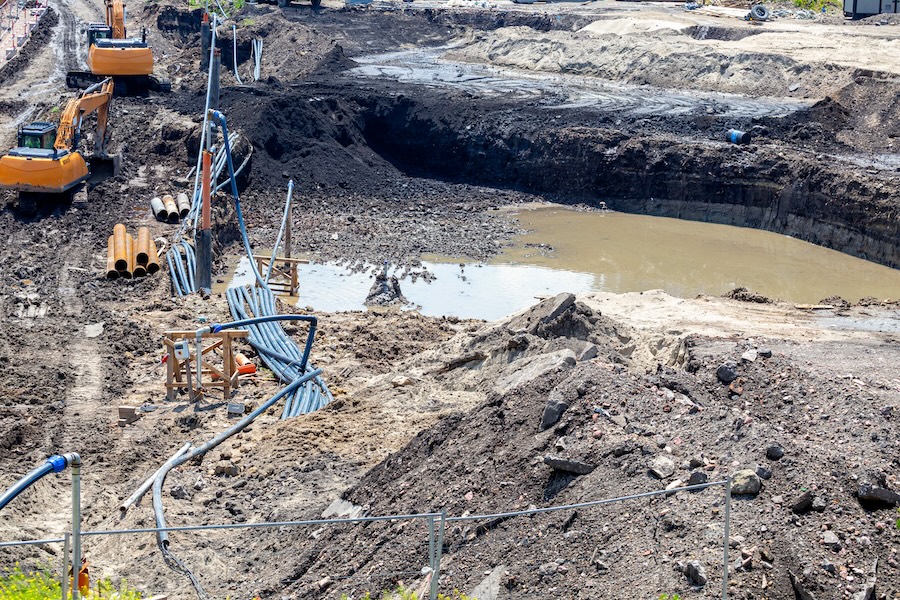
Choosing the Right Dewatering Method
Selecting the appropriate dewatering method for a construction project involves considering several key factors and conducting a thorough comparative analysis.
The primary factors to consider include soil and site conditions, project size and duration, and environmental and regulatory considerations.
Soil and site conditions dictate the most suitable dewatering techniques, as certain methods are more effective in specific soil types and topographies. For instance, wellpoint systems may be ideal for sandy soils—while eductor systems are better suited for low-permeability soils.
The size and duration of the project also play a critical role, as larger or long-term projects may require more robust and efficient dewatering solutions like deep well systems—whereas smaller, shorter projects might benefit from simpler methods such as sump pumping.
Environmental and regulatory considerations are crucial in ensuring that the chosen dewatering method complies with local laws and minimizes environmental impact. Contractors must evaluate the potential effects on groundwater levels, nearby ecosystems, and adhere to regulations regarding water discharge and treatment.
A comparative analysis of different dewatering methods is essential to determine the most cost-effective and efficient option.
Cost-effectiveness involves not only the initial setup costs but also the operational and maintenance expenses. For example, gravity drainage may have low initial costs but might not be feasible for large-scale projects requiring rapid water removal.
Efficiency and performance are measured by how effectively a method lowers the water table and maintains dry conditions throughout the project duration. Methods like deep well systems and wellpoint systems generally offer high efficiency but come with higher costs.
The environmental impact of each dewatering method must also be evaluated. Some methods, such as gravity drainage and sump pumping, have minimal environmental impact but may not be suitable for all site conditions. On the other hand, methods like eductor systems and deep well systems may have a more significant impact due to their extensive water extraction capabilities and potential effects on local groundwater levels. Therefore—balancing efficiency, cost, and environmental considerations is vital in choosing the right dewatering method for any construction project.
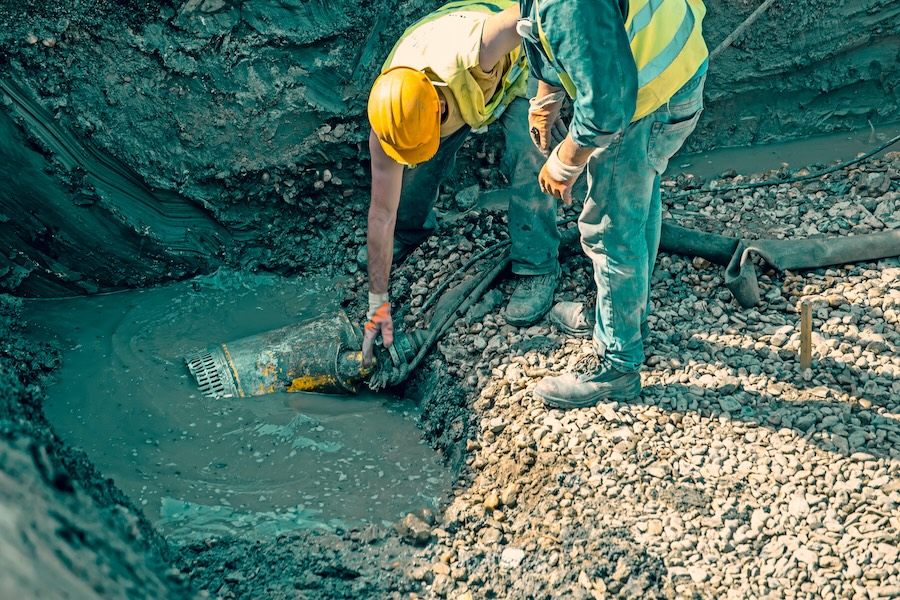
Installation and Operation Best Practices
Effective dewatering requires meticulous site assessment and planning. Pre-installation surveys and studies are essential to understand the soil composition, groundwater levels, and other site-specific conditions. This information is crucial for designing an effective dewatering plan that addresses the unique challenges of the site. A well-thought-out plan ensures that the chosen dewatering method is suitable and efficient for the project requirements.
Equipment selection and setup are critical steps in the dewatering process. Choosing the right pumps and accessories involves considering factors such as the volume of water to be removed, the depth of excavation, and the type of dewatering method being employed. Proper installation techniques are equally important to ensure the equipment functions correctly and efficiently. This includes ensuring secure connections, appropriate placement of pumps, and adherence to manufacturer guidelines for setup.
Once the dewatering system is in place, monitoring and maintenance become vital to its success. Regular inspection protocols should be established to check the condition and performance of the dewatering equipment. This helps in identifying and addressing any issues early, preventing potential failures. Troubleshooting common issues, such as pump blockages or reduced efficiency, is necessary to maintain continuous operation. Ensuring optimal performance involves periodic testing and adjustments to the system to adapt to changing site conditions and to maintain the desired dewatering effect throughout the project duration.
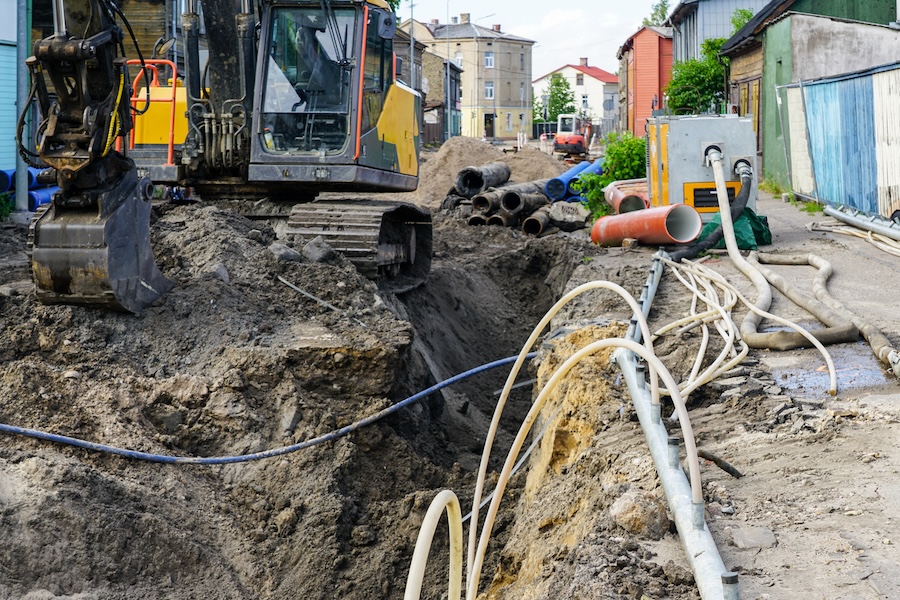
Case Studies
These case studies illustrate the vital role of dewatering in ensuring the success of construction projects, highlighting best practices and lessons learned.
Case Study 1: High-Rise Building in Urban Area
Project overview: A construction company embarked on building a 50-story high-rise in a densely populated urban area. The site presented challenging soil conditions, including soft clay layers and high groundwater levels.
Dewatering solutions: Dewatering engineers conducted extensive site investigations, including soil and groundwater testing. They recommended the use of wellpoint systems to lower the groundwater table around the excavation site. Additionally, a series of sump pumps were strategically placed to manage any residual water inflow.
Outcome: The high-rise was successfully constructed, with the dewatering systems effectively maintaining a dry excavation site. The project remained on schedule and within budget, demonstrating the effectiveness of the dewatering solutions.
Lessons learned: Early and thorough site investigations are critical for identifying and addressing potential groundwater challenges. Implementing a combination of wellpoint systems and sump pumps can provide effective dewatering for complex urban construction projects.
Case Study 2: Highway Expansion Project
Project overview: A government agency undertook a major highway expansion project in a region with varied geological conditions, including rocky outcrops and areas prone to landslides.
Dewatering solutions: Dewatering engineers performed detailed site assessments, including geophysical surveys and groundwater modeling. They designed a deep well system to lower the water table in critical areas and utilized sump pumping for localized water removal.
Outcome: The highway expansion was completed successfully, with improved safety and increased capacity for traffic. The use of deep well systems and sump pumps ensured effective dewatering and stable construction conditions.
Lessons learned: Comprehensive dewatering assessments are essential for large infrastructure projects to identify and mitigate groundwater-related hazards. Innovative design solutions, such as deep well systems, can provide effective and long-lasting dewatering for challenging sites.
Case Study 3: Waterfront Development
Project overview: A construction company developed a waterfront area—including residential buildings, commercial spaces, and recreational facilities. The site was characterized by loose, water-saturated soils and a high water table.
Dewatering solutions: Dewatering engineers conducted site investigations and designed a combination of shallow and deep well systems to manage the high water table. They implemented continuous monitoring and maintenance protocols to ensure the effectiveness of the dewatering systems throughout the construction period.
Outcome: The waterfront development was completed without significant delays or issues. The dewatering systems provided adequate support for the construction activities, ensuring a stable and dry environment.
Lessons learned: Proper management of groundwater is crucial for waterfront developments. A combination of dewatering methods, tailored to site-specific conditions, can address diverse challenges effectively—ensuring successful project outcomes.
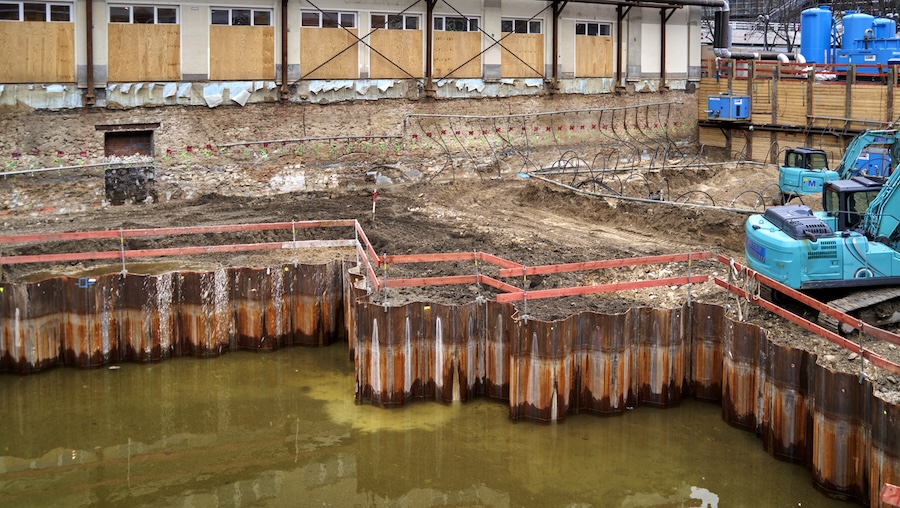
PILE BUCK’S TOP RECOMMENDED DEWATERING SERVICE PROVIDERS
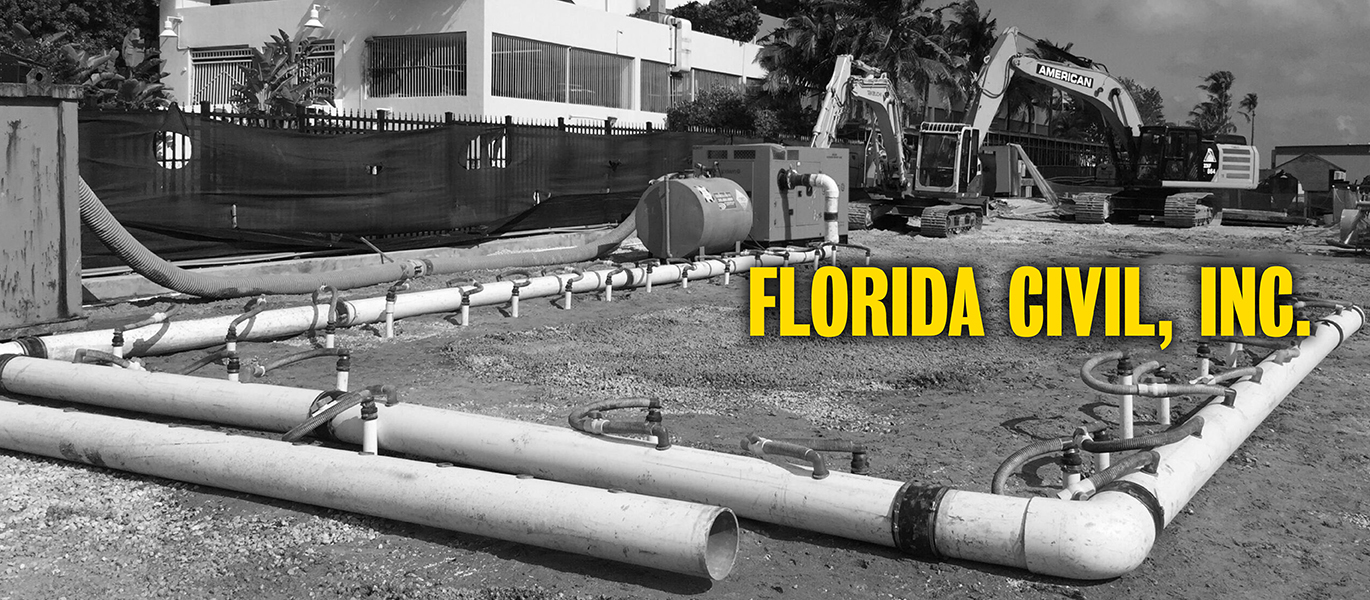
About
Florida Civil Inc. is fast growing engineering and environmental service company committed to integrating technology and practice to provide solutions to a multitude of groundwater dewatering and remediation projects. Rooted in construction dewatering Florida Civil Inc currently fulfills a niche market sector in the South Florida Construction Market as dewatering engineers.
Florida Civil Inc. specializes in providing engineering and environmental services related to the construction dewatering industry and the challenges which accompany both the trade and the permitting process.
- Dewatering Plans, Design, and Services
- Dewatering Effluent Contaminant Treatment
- Turbidity Treatment and Monitoring
- Excavation and Source Removal
- Environmental Approvals and Permits
- Groundwater Recharge Systems
- Groundwater Elevation Monitoring
- Soil and Groundwater Sampling
- Pump performance testing
- Stormwater Pollution Prevention Plans and Inspections
Services
- Dewatering Plans and Permitting
- Contract Dewatering Services
- Environmental Engineering/Hydro-Geological Services
- Groundwater Effluent Treatment
Florida Civil Inc.
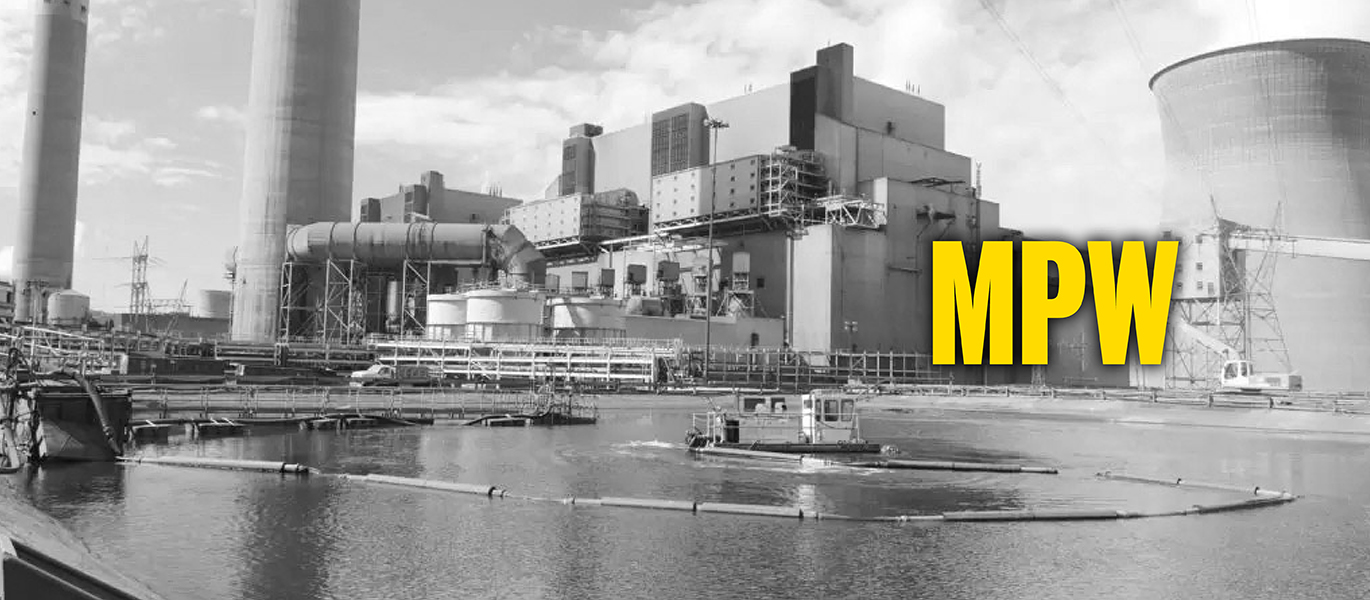
About
MPW Industrial Services traces its roots to May 15, 1972, when Monte Black registered the name Central Ohio Mobile Power Wash with the Ohio Secretary of State. Since its inception, Black has worked to build and evolve the company from a three-man truck-washing business into a multifaceted corporation that employs more than 4,100 people across more than 100 locations in North America.
MPW provides reliable water solutions featuring innovative and custom base-load systems to improve water quality and reduce operating costs.
MPW has one of the largest fleets of mobile water equipment in North America. Process technologies include demineralization/deionization, reverse osmosis, media filtration, ultrafiltration and clarification. MPW’s mobile systems are designed to accommodate challenging water supply conditions and meet the most demanding produced water purity levels. For more permanent industrial solutions, MPW’s Build, Own, Operate and Maintain (BOOM) program provides both performance and availability guarantees.
Services
- Hydro-Excavation Recycle System
- Ash Pond Remediation
- Degasification
- Media Filtration
- Reverse Osmosis (RO)
- Build-Own-Operate-Maintain (BOOM)
- Deionization / Demineralization (DI)
- Mobile Ultrafiltration / Reverse Osmosis (UFRO)
- Steam Blow Services
- Clarification
- Engineering & Fabrication Services
- Products Direct
- Ultrafiltration (UF)
- High Solids Ultrafiltration

